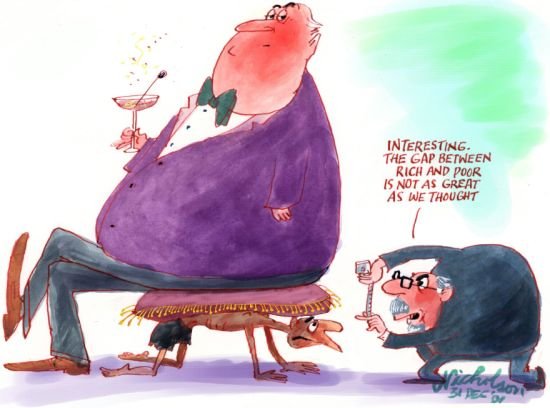Ethical vs Unethical
Understanding the difference between ethical and unethical is straightforward since they are antonyms. Ethical refers to moral principles that guide people’s behavior and life conduct, while unethical refers to immoral principles. Both terms function as adjectives and can describe aspects such as issues, behavior, conduct, and practices related to people’s personal lives.
What does Ethical mean?
Ethical means being morally correct or principled. It involves differentiating between good and bad through moral principles. Ethics is a universal phenomenon, and each society has its own ethical conduct that dictates how its members should behave. Some ethical principles are common across societies, such as doctors treating patients regardless of gender, race, or nationality. Ethical conduct promotes the smooth functioning of society, harmony, and peace among its members. It also helps individuals maintain a high standard of living and earn respect in their communities.
What does Unethical mean?
Unethical is the opposite of ethical and refers to a lack of moral principles. Unethical individuals do not follow the proper conduct or accepted behavioral patterns of their society, which can lead to anarchic situations. Some unethical practices, like exploiting the poor, are universally frowned upon. Similarly, there are well-defined ethical and unethical behaviors in certain professions. For instance, it is considered unethical for physicians to advertise themselves or for businesses to illegally use another brand’s name for their benefit. Unethical behavior often involves a person being aware of their misconduct and feeling guilty.
Key Takeaways
- Ethical and unethical issues are related to individuals’ moral conduct.
- Ethical principles involve being morally principled and having good conduct, while unethical principles involve the opposite.
- Each society has its own ethical and unethical principles, but some behaviors are universally accepted or rejected.
